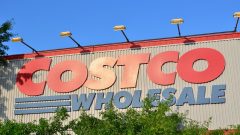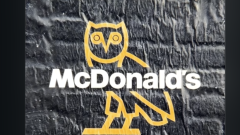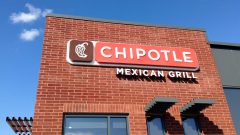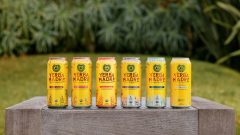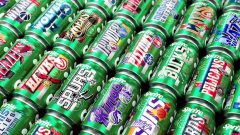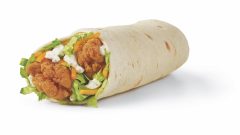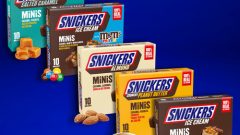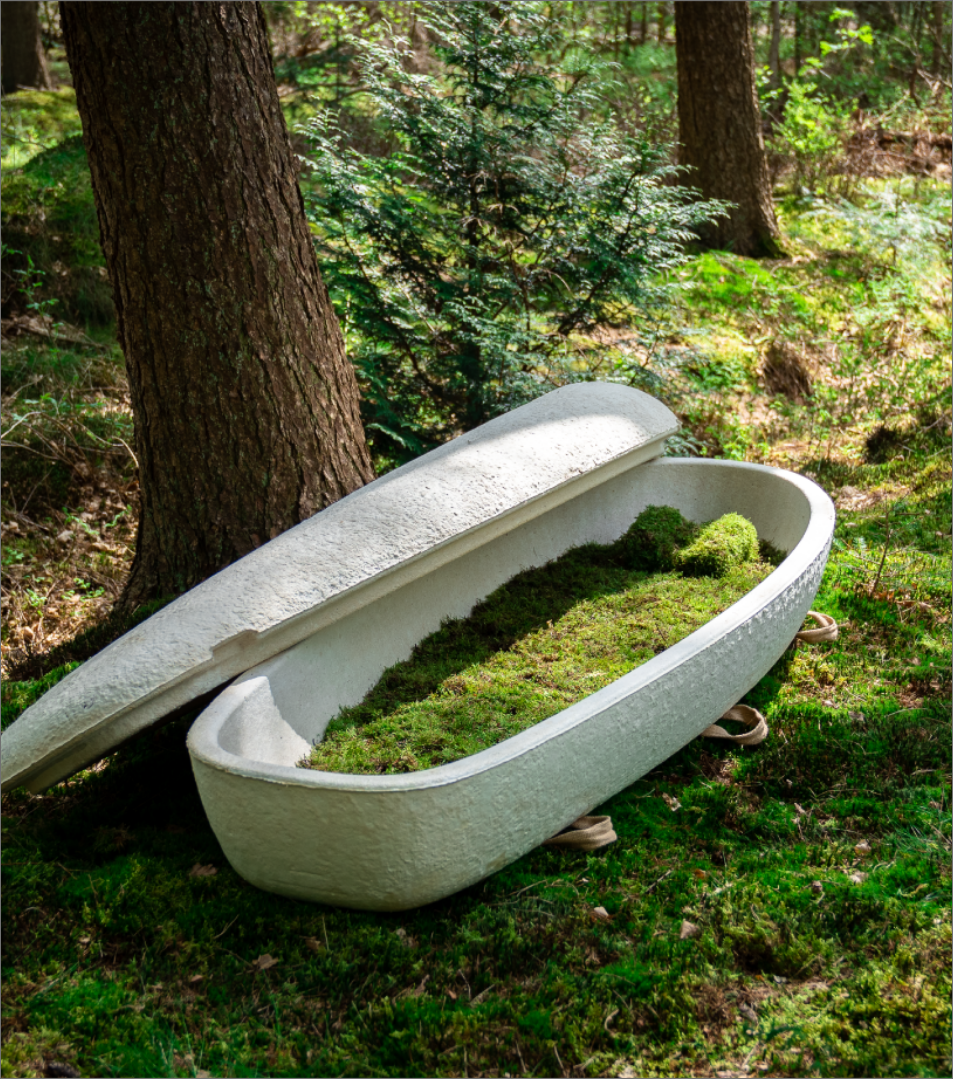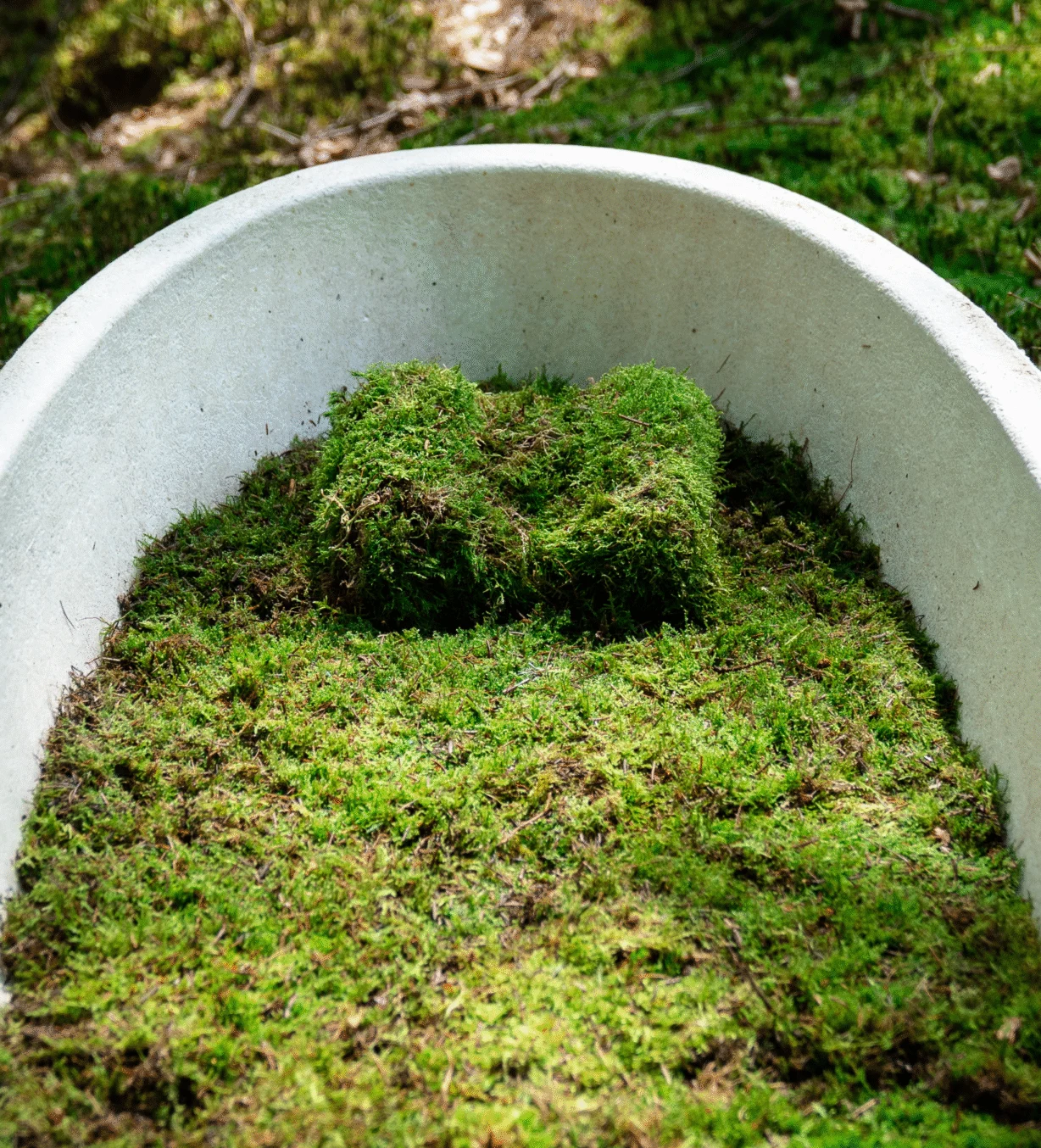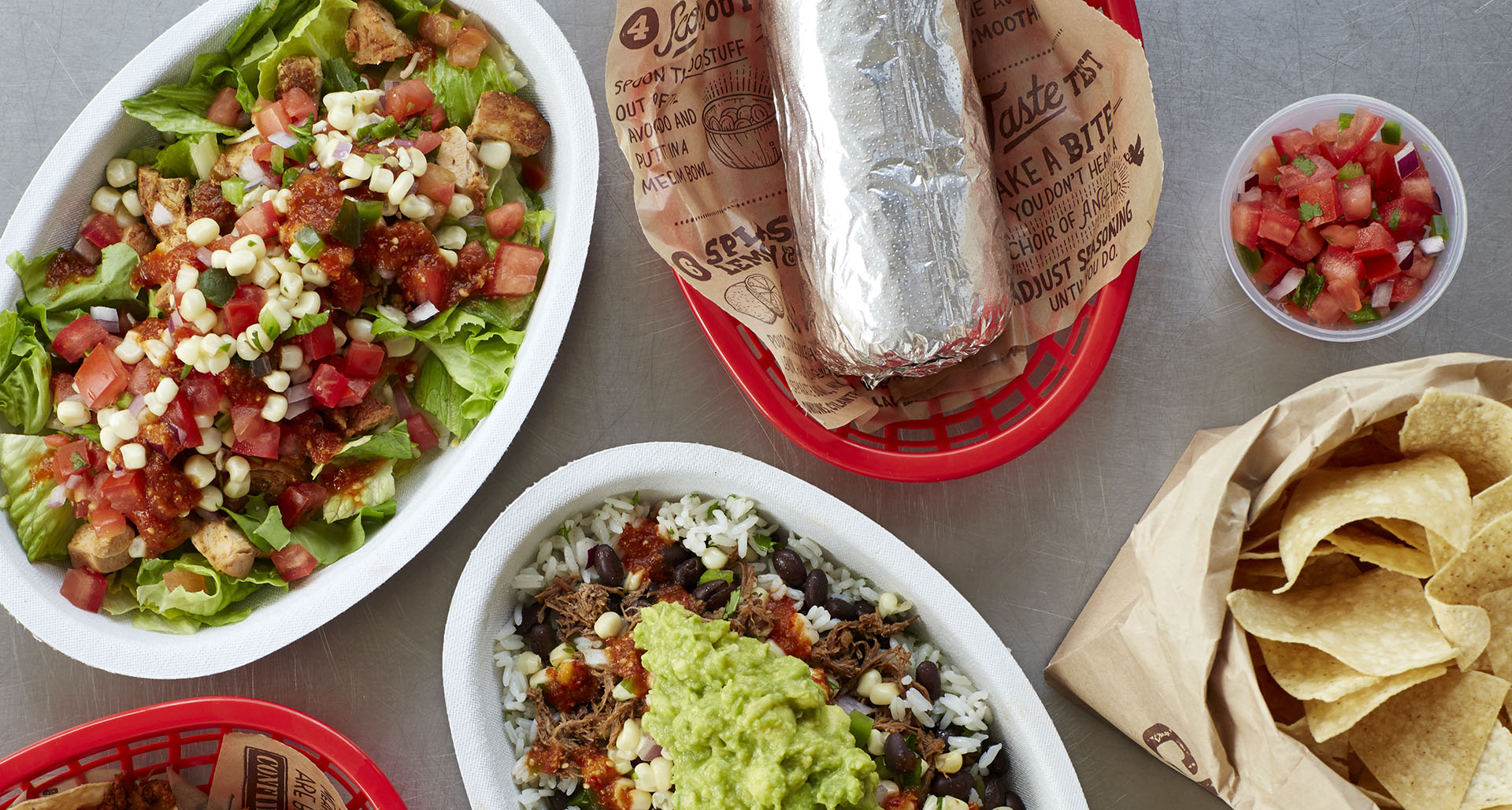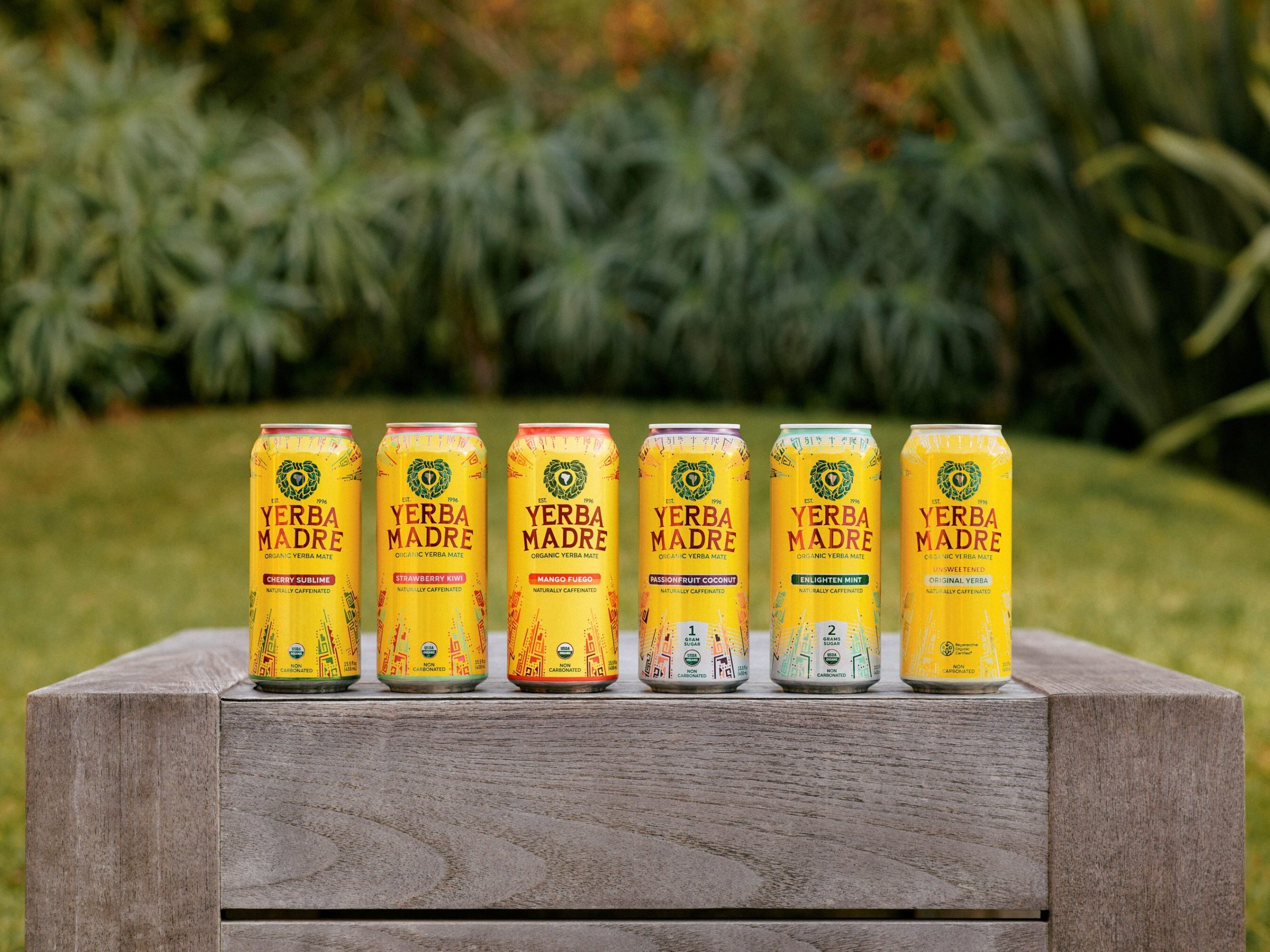This Tech Company Makes Biodegradable Caskets Out Of Mushrooms
A casket isn’t a word that comes to mind when you think of mushrooms. However, innovations like mushroom-based leather, building materials, and compostable packaging show that fungi are much more than food.
Loop Biotech is a startup based in the Netherlands that has invented the world’s first biodegradable casket made of mushrooms, or more specifically, mycelium, which are living fungal fibers that form the root structure of fungi. It takes the company seven days to “grow” the caskets, which decompose along with the deceased inside. They are off-white with the buyer’s choice of green moss, wool, soft organic cotton, or hemp padding for the interior. It looks closer to an alien cocoon than a casket—which is pretty cool in an eerie sort of way.
The process starts with mycelium grown in a casket-shaped mold. The fungi bind to the mold as it grows, forming a casket. Unlike traditional burials, which shield bodies from nature, Loop’s mycelium caskets assist the decomposition process by allowing microbes, fungi, and plant roots to interact with the body via tiny openings.
Loop’s goal is to offer an environmentally friendly alternative to wooden coffins, which contribute to deforestation and come from trees that take a lifetime to grow. Due to synthetic materials and embalming chemicals, it takes a body 10 to 30 years to decompose in a wooden casket. With Loop’s mycelium caskets, bodies decompose in two to three years, and the casket in just 45 days.
Speaking to the Wall Street Journal, Bob Hendrikx, Loop’s co-founder, said that traditional caskets are “designed to prevent decay, which doesn’t make sense because the body wants to decay.”
Compared to the 250 pounds of carbon emitted by traditional caskets, which is comparable to the carbon produced by the average American’s car when driven over three months, environmentally friendly ones only produce 25 pounds, per the Green Burial Council. Of course, the type of wood or material can impact the rate, but in general, none are as eco-friendly as mycelium caskets. What’s more, cremation can emit up to 534 pounds of carbon.
The company sells them for $4,000 and has already sold thousands to families interested in sustainable burial alternatives. To learn more about how traditional caskets contribute to global gas emissions and about Loop’s burial process, click here.







